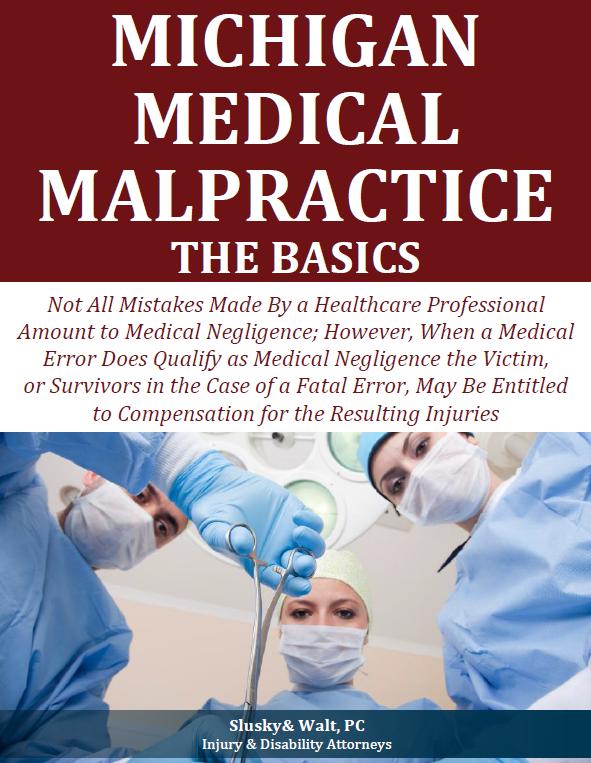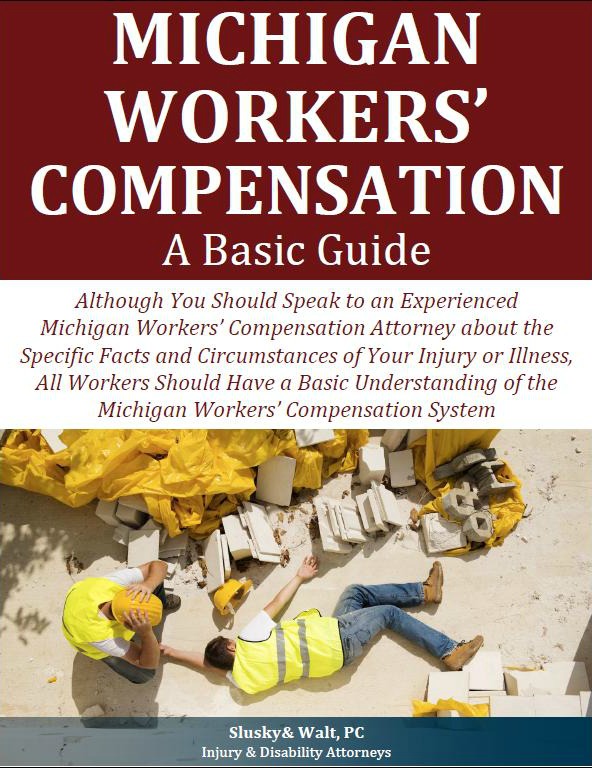Not all mistakes made by a healthcare professional amount to medical negligence; however, when a medical error does qualify as medical negligence the victim, or survivors in the case of a fatal error, may be entitled to compensation for the resulting injuries.
Topics covered in this report include:
- Medical Errors in the United States
- Common Medical Errors
- What Is Medical Negligence?
- Proving Medical Negligence — Why Medical Malpractice Lawsuits are Different
- Compensation in a Michigan Medical Malpractice Lawsuit










